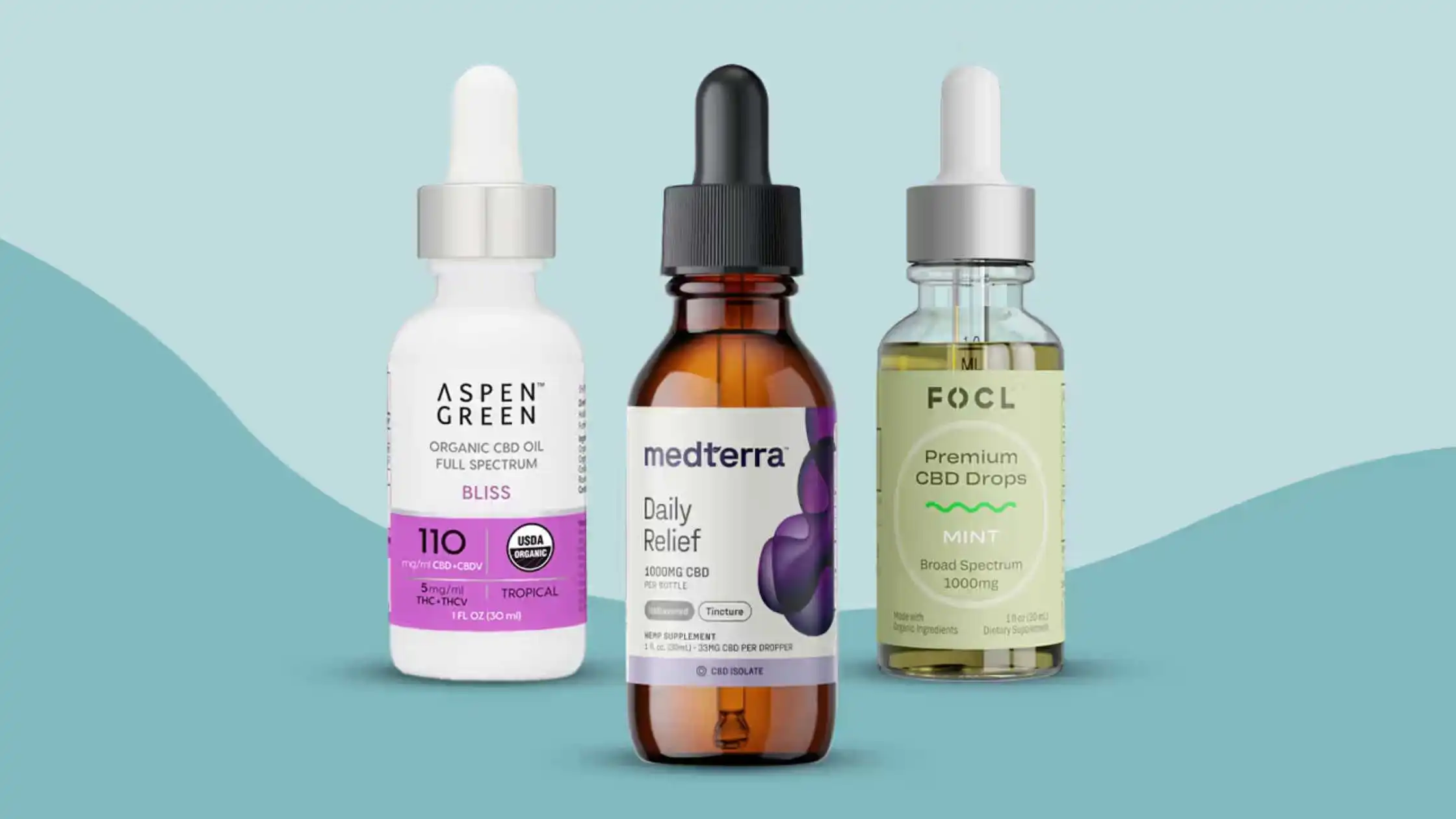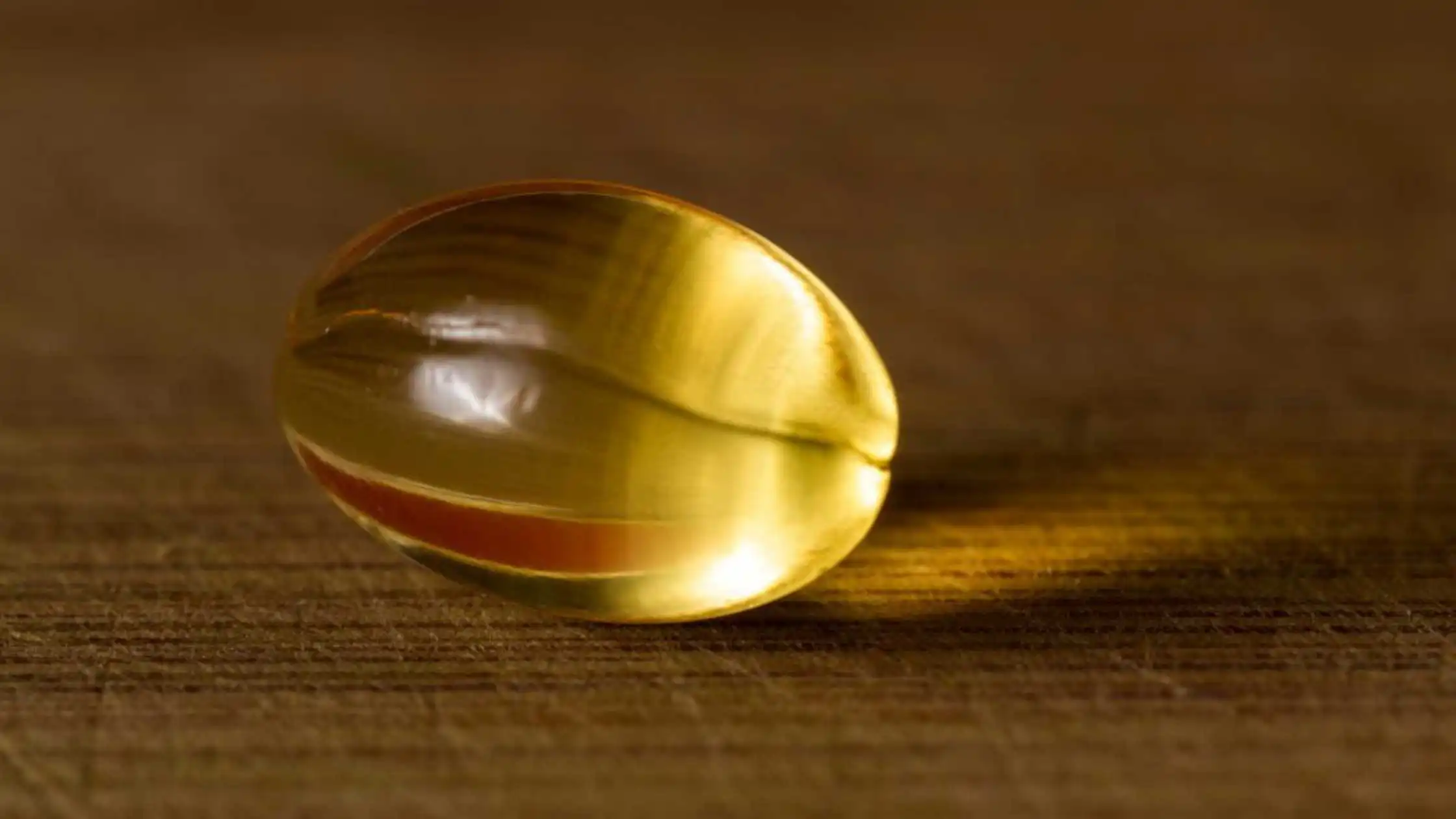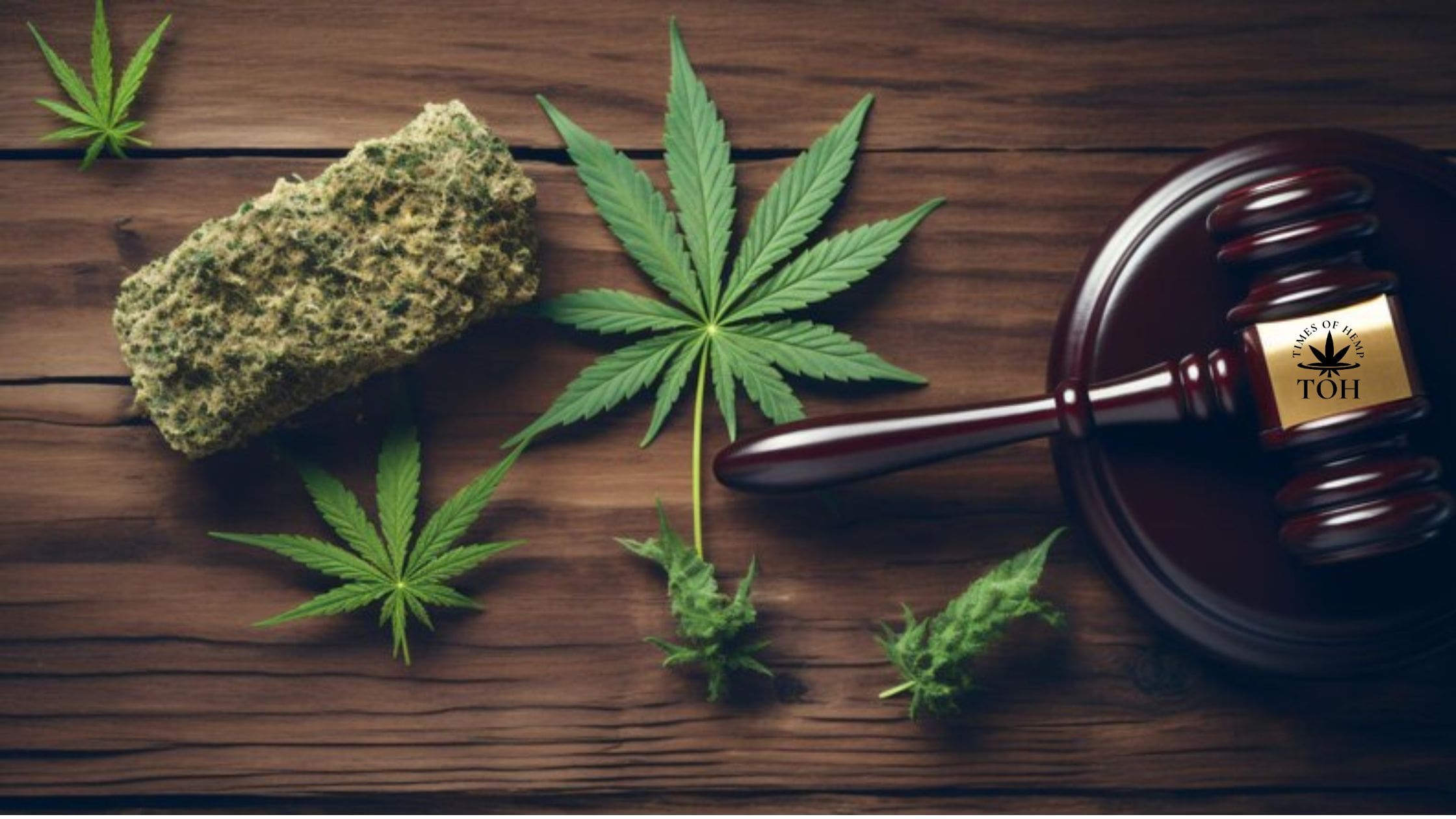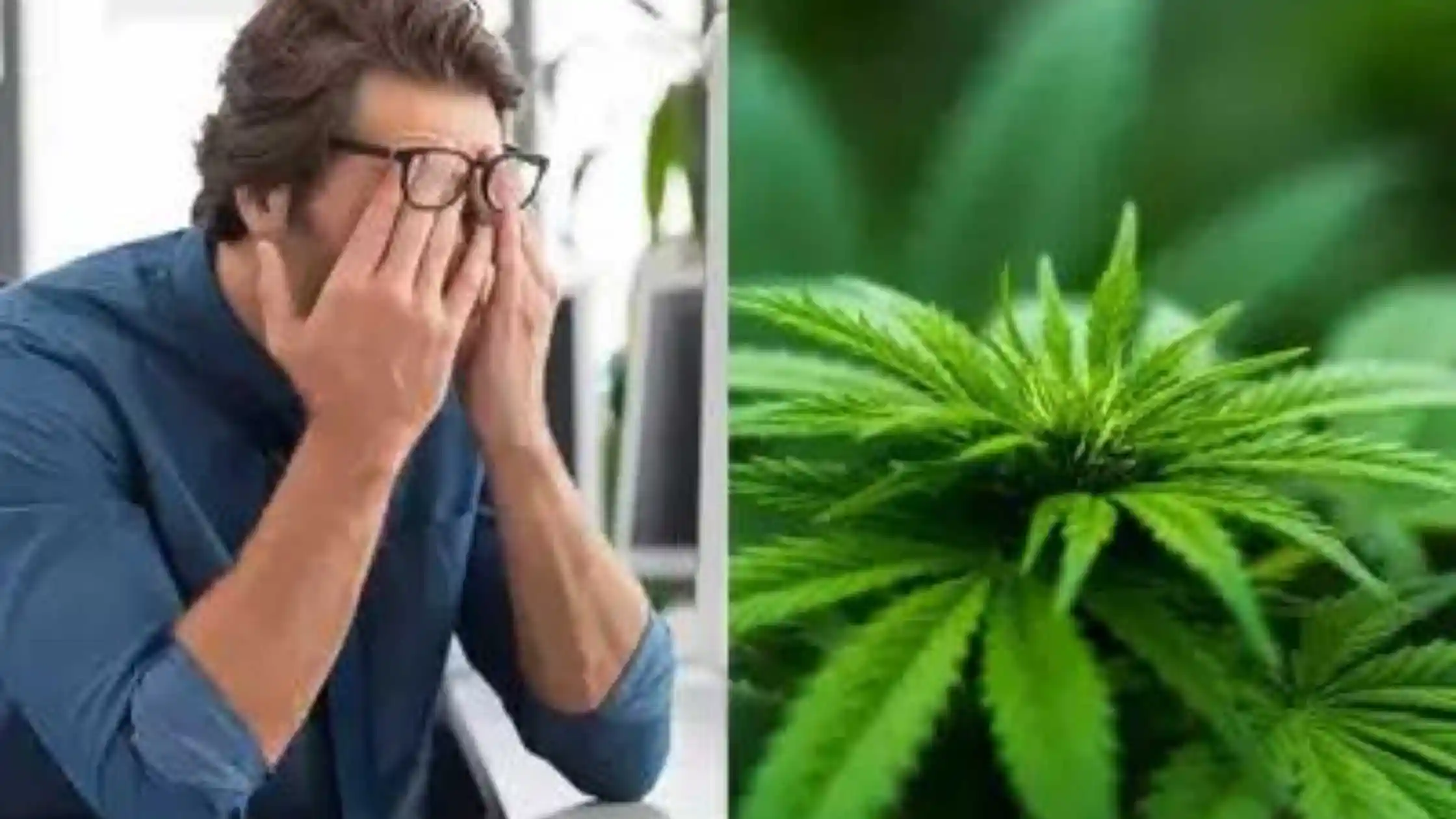What is CBD, & What are the different types of CBD?
CBD is one of the many active compounds found in the cannabis plant. It interacts with your body’s endocannabinoid system, which helps maintain balance. Aside from the fact that it’s unlikely to cause a “high” feeling like tetrahydrocannabinol (THC) does, CBD’s popularity stems from the fact that it may offer several health benefits.
Though research is still in its infancy, preliminary studies suggest that its potential benefits include
- pain relief from various conditions
- better sleep
- relief from anxiety disorders Trusted Source
- intervention for certain types of additional trusted Sources
The U.S. Food & Drug Administration (FDA)Trusted Source recognizes the potential benefits of CBD, but the agency quickly notes that more research is needed. At this time, there’s only one FDA-approved prescription CBD medication. It’s for the treatment of a severe form of epilepsy.
That means any over-the-counter (OTC) CBD product you choose to purchase and use isn’t regulated by the FDA like an OTC supplement would be.
Currently, the FDA only sends warning letters to Trusted Sources to companies making false claims about the efficacy or scope of their CBD products. It’s up to the consumer to carefully vet a CBD company and its products when they shop.
CBD products are available in three forms:
Full-spectrum CBD. This type of CBD retains all components of the cannabis plant, including a small amount of THC. While federally legal full-spectrum CBD products will always have less than 0.3 per cent THC, it’s essential to know that THC is still present in full-spectrum products.
Broad-spectrum CBD. This version has all components of the cannabis plant except for THC.
CBD isolate. This form is pure CBD, with no other compounds from the cannabis plant.
Different Types of CBD
Even if you choose broad-spectrum CBD or CBD isolate, there’s still a chance it could contain trace amounts of THC, which could show up on a drug test.
CBD and Drug testing
Even if you choose broad-spectrum CBD or CBD isolate, there’s still a chance it could contain trace amounts of THC, which could show up on a drug test. Entourage effect
Which form of CBD is best for you?
There’s some research to suggest that the compounds of the cannabis plant, which include cannabinoids (like CBD and THC) as well as other organic compounds, like terpenes and flavonoids, are more effective when they’re taken together. This is a theory known as the “entourage effect.”
If you want to get the full benefits of the entourage effect and don’t mind consuming some THC, opt for a full-spectrum CBD product.
Just be aware that a large enough dose of a potent enough CBD product means greater exposure to THC. Euphoric effects are possible but unlikely.
If you want to avoid any chance of experiencing an intoxicating effect, opt for a broad-spectrum or isolate product. However, you might not be reaping the full benefits of CBD from these forms.
How we chose the best CBD products
We chose these products based on sound safety, quality, and transparency indicators. Each product in this article:
is made by a company that provides proof of third-party testing by an ISO 17025-compliant lab
is made with U.S.-grown hemp
contains no more than 0.3 per cent THC, according to the certificate of analysis (COA)
passes tests for pesticides, heavy metals, and moulds, according to the COA
As a part of our selection process, we also considered:
the company’s certifications and manufacturing processes, product potency, and overall ingredients indicators of user trust and brand reputation, such as customer reviews if the company has been subject to an FDA warning letter, trusted Sources if the company makes any unsupported health claims
Disclaimer: This article is originally published on https://www.healthline.com/health/types-of-cbd





